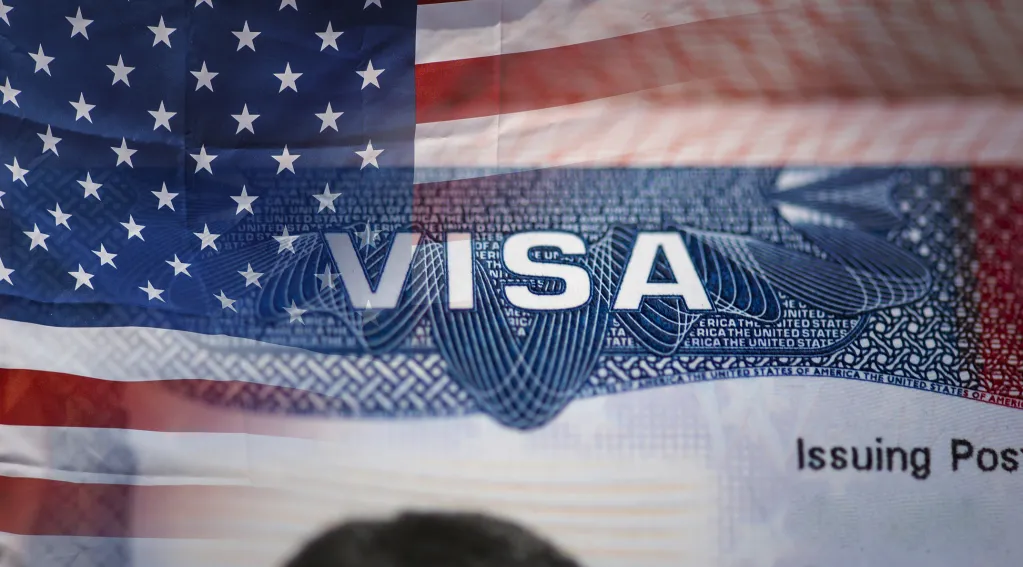
The United States Department of State's recent announcement to broaden its visa waiver program for non-immigrant visa applicants has sparked both excitement and apprehension within the travel industry and beyond. While the policy promises expedited visa processing and a potential economic boost, concerns linger about potential security risks and fairness of application. This article delves deeper into the policy's implications, exploring its rationale, potential benefits and drawbacks, and its impact on various stakeholders.
The policy expansion stems from two primary factors: a backlog of visa applications caused by the pandemic and a desire to attract more international visitors. By streamlining the process for certain applicants, the State Department aims to reduce wait times and encourage tourism, leading to increased economic activity. However, critics argue that the policy prioritizes economic gains over national security, potentially overlooking potential vulnerabilities in the vetting process.
Also Read: US citizens no longer need a Visa to visit Indonesia
Benefits:
Drawbacks:
Also Read: How the US is planning to clear its Visa backlog?
The long-term success of the policy hinges on its effectiveness in balancing economic goals with national security concerns. Continued monitoring and evaluation are crucial to ensure the program upholds its intended objectives without compromising safety. Additionally, addressing concerns about fairness and transparency will be essential to maintaining public trust in the visa process.
The US visa waiver expansion presents both opportunities and challenges. While the potential economic benefits are undeniable, it's crucial to acknowledge and address the associated security risks and concerns about fairness. By fostering open dialogue, implementing robust vetting procedures, and ensuring transparency in application processes, the United States can maximize the positive impact of this policy while mitigating potential downsides.